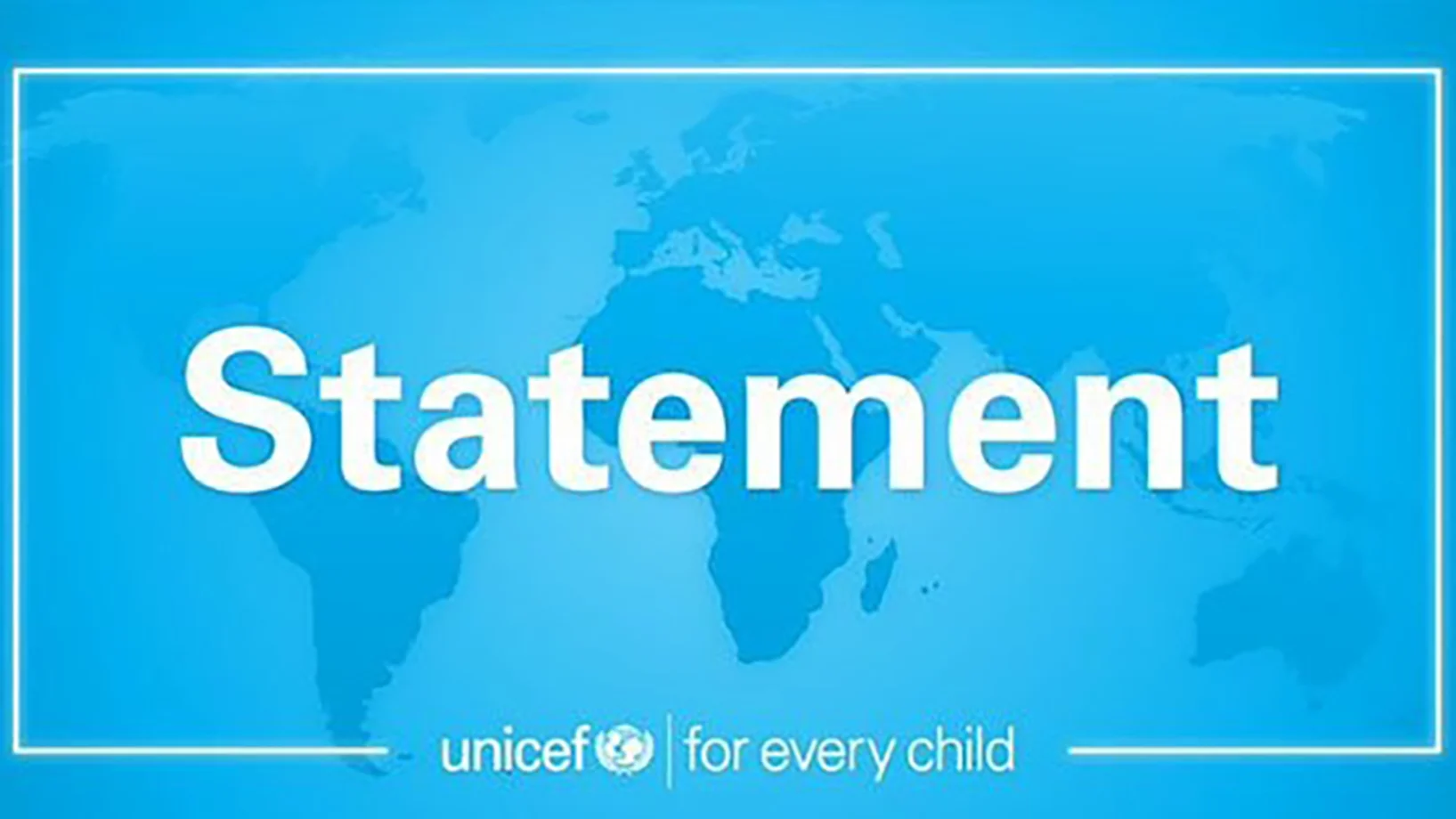The design of public spaces has a profound impact on how children and young people grow and develop. It plays a decisive role in determining whether, and to what extent, children and young people can use public spaces and move freely in them. UNICEF Switzerland and Liechtenstein works to ensure that children and young people are protected, nurtured and given an opportunity to participate, as defined by the UN Convention on the Rights of the Child, including with regard to public spaces.
When a child leaves their house or apartment, they almost always find themselves on a street. Traffic has enormous impacts on the development of children and young people. Vehicle exhaust fumes, noise, and busy, confusing, high-traffic areas have negative impacts on their well-being. On roads with heavy traffic, children and young people must also constantly focus on safety so as not to endanger themselves or others. This reality stands in stark contrast to residential and recreational spaces with light traffic and many natural and green spaces.
In the publication “Child-friendly traffic space: Requirements for designing child-friendly public spaces and practical recommendations”(German version), UNICEF Switzerland and Liechtenstein shows what must be done to make public spaces safer and more accessible for all children and young people. It identifies the existing challenges and outlines practical courses of action. The publication also contains good-practice examples from various communities in Switzerland and Liechtenstein.
Policy makers, urban planners, administrators, associations, the science community, and each and every one of us have influence over and responsibility for the living conditions of children and young people. This publication contains information on how the Convention on the Rights of the Child can also be implemented successfully in the design of public spaces and complements the guidebook “Planning and designing child-friendly living spaces” (UNICEF Switzerland and Liechtenstein, 2020).
An English translation of the publication will be available from 29 April 2024.
